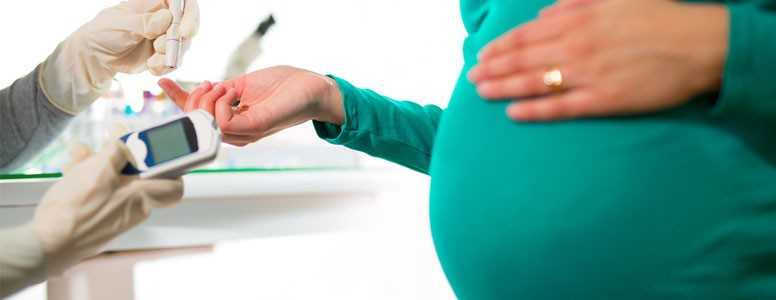Patients and clinicians have been warned that that the onset of type 2 diabetes could be symptomatic of hidden pancreatic cancer. These findings were presented on Monday at the European Cancer Congress 2017 in Amsterdam.
Scientists at the International Prevention Research Institute in Lyo, France reported that the association between type 2 diabetes and pancreatic cancer was also found in patients whose diabetes management deteriorated rapidly and required more aggressive treatment.
“Doctors and their diabetic patients should be aware that the onset of diabetes or rapidly deteriorating diabetes could be the first sign of hidden pancreatic cancer, and steps should be taken to investigate it,” said Alice Koechli, who led the study.
While there are more than four million people with diabetes in the UK – 90 per cent of cases are thought to be type 2 diabetes – pancreatic cancer remains relatively rare, with roughly 10,000 diagnoses each year.
An association between type 2 diabetes and pancreatic cancer has been known for some time, but Koechli stressed these findings indicate more needs to be done to identify pancreatic cancer before symptoms are present.
“There is currently no good, non-invasive method for detecting pancreatic cancer that is not yet showing any visible signs or symptoms. We hope that our results will encourage the search for blood markers indicating the presence of pancreatic cancer, which could guide decisions to perform a confirmation examination like endoscopy,” she said.
Nearly one million patients in Italy and Belgium were involved in this study, which found that 50 per cent of patients diagnosed with pancreatic cancer had been diagnosed with type 2 diabetes the previous year.
Among those who already had type 2 diabetes, and whose condition had significantly worsened, there was a seven-fold increased risk of being diagnosed with pancreatic cancer.
Maggie Blanks, chief executive of national charity Pancreatic Cancer Research Fund, said of the findings: “The association between pancreatic cancer and type 2 diabetes has been an area of interest to researchers for several years, so it’s great to see studies generating new and potentially very valuable information which could alert clinicians to the need for further investigation in certain patients.”
What's new on the forum? ⭐️
Get our free newsletters
Stay up to date with the latest news, research and breakthroughs.







